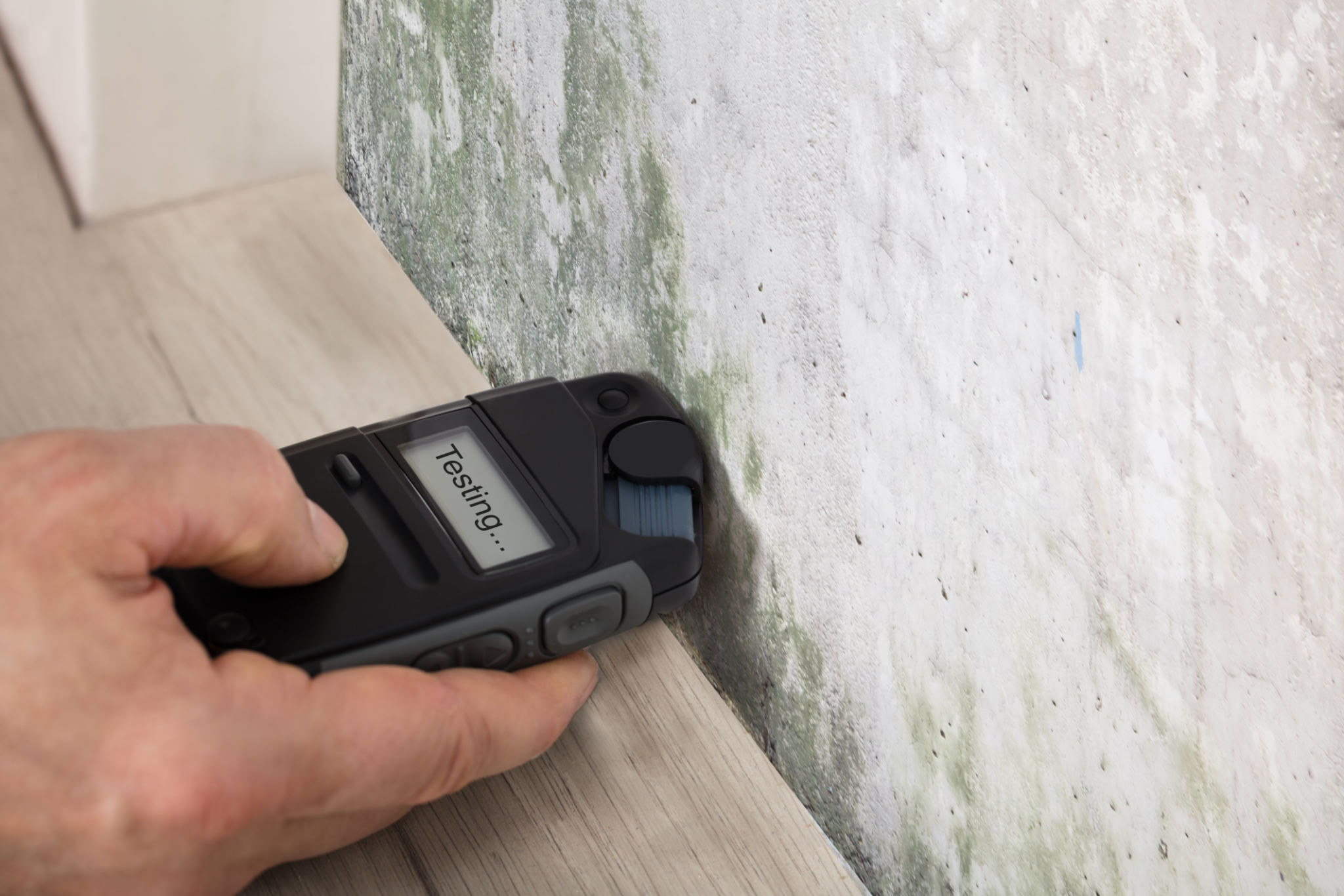Mold Inspection 101: What New London County Homeowners Need to Know
Understanding Mold: What Is It?
Mold is a type of fungus that thrives in damp, warm environments. It can be found both indoors and outdoors, and while it plays a role in nature by breaking down dead organic matter, it can become a problem when it starts growing inside homes. For homeowners in New London County, understanding mold and its potential hazards is crucial.
Mold can cause a variety of health issues, particularly for individuals with allergies, asthma, or compromised immune systems. Common symptoms of mold exposure include sneezing, coughing, skin rashes, and respiratory problems. Therefore, identifying and addressing mold issues promptly is important for maintaining a healthy home environment.

The Importance of Mold Inspection
Regular mold inspections are essential for homeowners to ensure that their living environment remains safe and healthy. Mold can grow in hidden areas, such as behind walls or under carpets, making it difficult to detect without a professional inspection.
A thorough mold inspection can help identify the presence of mold, its source, and the extent of the problem. This information is vital for determining the best course of action to remove the mold and prevent future growth. Investing in regular inspections can save homeowners time and money by addressing mold issues before they become severe.
When to Consider a Mold Inspection
There are several situations where a mold inspection is advisable:
- After experiencing water damage from flooding, leaks, or burst pipes.
- If you notice a persistent musty odor in your home.
- When buying or selling a property to ensure its safety and value.
- If you or your family members frequently experience unexplained allergy symptoms.

What to Expect During a Mold Inspection
During a mold inspection, a qualified inspector will conduct a thorough examination of your home. This process typically involves:
- Visually inspecting areas prone to moisture, such as basements, bathrooms, and kitchens.
- Using specialized equipment to detect moisture levels and hidden mold growth.
- Collecting samples from surfaces and the air for laboratory analysis to confirm the presence of mold.
The inspector will then provide you with a detailed report outlining their findings and recommendations for remediation if necessary. This report is an essential tool for planning effective mold removal strategies.

Preventing Mold Growth in Your Home
Preventing mold growth is an ongoing process that involves managing moisture levels in your home. Here are some tips for keeping your home mold-free:
- Ensure proper ventilation in bathrooms, kitchens, and laundry areas to reduce humidity levels.
- Fix leaks promptly to prevent water accumulation.
- Use dehumidifiers in damp areas like basements to control humidity levels.
- Regularly clean and maintain gutters to prevent water overflow.
By taking these preventive measures, New London County homeowners can minimize the risk of mold growth and maintain a healthy living environment.
The Role of Professional Remediation
If mold is detected during an inspection, professional remediation is often recommended to ensure safe and effective removal. Trained professionals have the expertise and equipment necessary to eliminate mold and repair any damage it may have caused. Attempting to remove mold on your own can lead to further contamination or inadequate removal.
Professional remediation not only addresses the current mold issue but also helps identify the underlying causes to prevent future growth. This comprehensive approach provides peace of mind for homeowners and protects their investment in their property.
